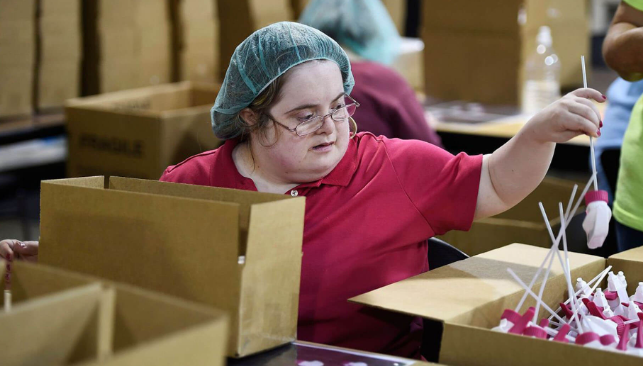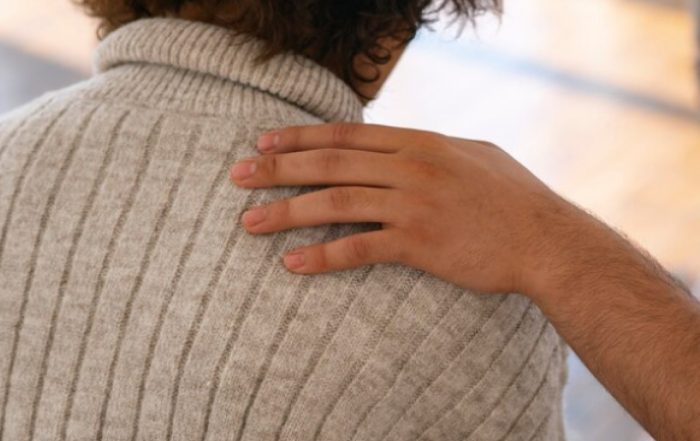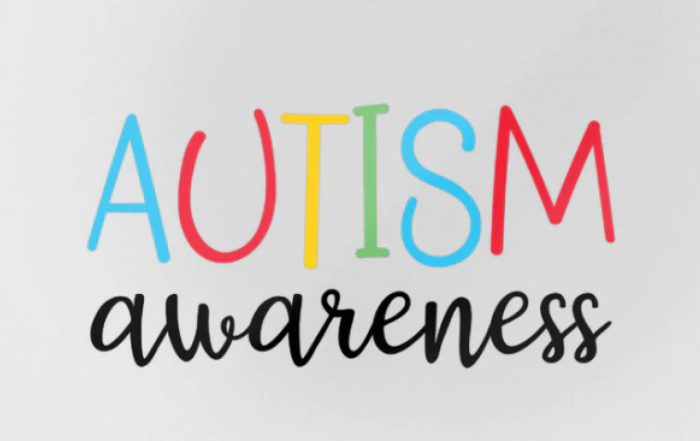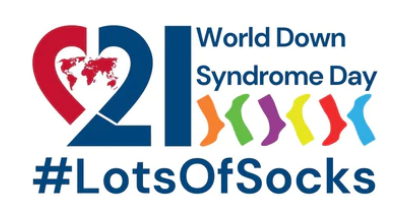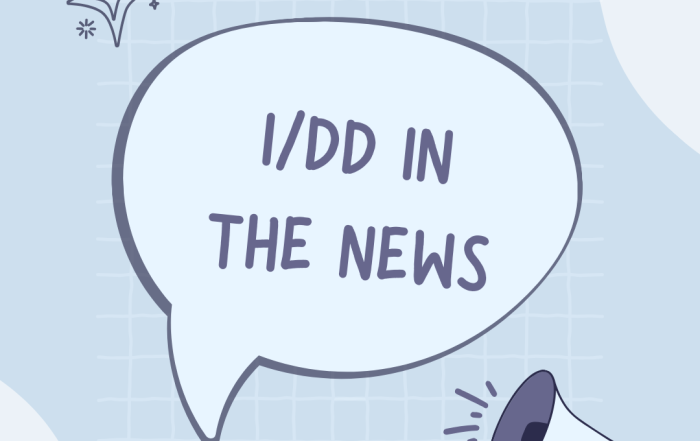Individuals with intellectual and or developmental disabilities are, unfortunately, more likely to be mentally, physically, sexually and abused. According to the Bureau of Justice Statistics, in 2019, the rate of violent victimization against persons with disabilities was nearly four times the rate for persons without disabilities (49.2 compared to 12.4 per 1,000 age 12 or older Predators try to take advantage of them in the hopes that they will not be believed or that they will be unable to report it. As a community, we need to pay special attention to the I/DD population and look for changes in their behaviors and listen to their reports to help keep them safe.
The following a list of some of the behavioral changes that could be signs of abuse to an I/DD individual:
- Changes in behavior (for example, refusing to go places or see people they typically like to go or see).
- Changes in emotional states (for example, the person is more withdrawn, nervous, fearful, sad or anxious).
- Unexplained cuts, bruises, bleeding.
- Broken bones.
- Burns.
- Overmedication.
- Isolation.
- Trouble sleeping
If you suspect that a person may be experiencing abuse:
- Listen, affirm and reassure the person that it is never his or her fault and that this is nothing to be embarrassed about.
- Make a report to the school, social services or health care professionals.
- Contact the police or an attorney.
- Make a report to the state or local child or adult protective services agency. Some states require certain professionals, such as health care providers, school workers, public employees and law enforcement, to make a report to the protective services agency whenever there is a suspicion of abuse, neglect or exploitation.
- Call the local long-term care ombudsman if the person lives in a residential facility such as a nursing facility.
- Refer the person to, or contact, professionals or organizations that have experience in assisting and supporting victims of abuse, neglect or exploitation.
Abuse, neglect and exploitation can happen to anyone with or without disabilities. We can more effectively prevent and address them by educating ourselves and others and building a stronger community of support to promote the health, well-being and independence of older adults and individuals with disabilities. Most importantly, it is important to teach everyone that no one has the right to touch you in any way that makes you feel uncomfortable or hurts you.

